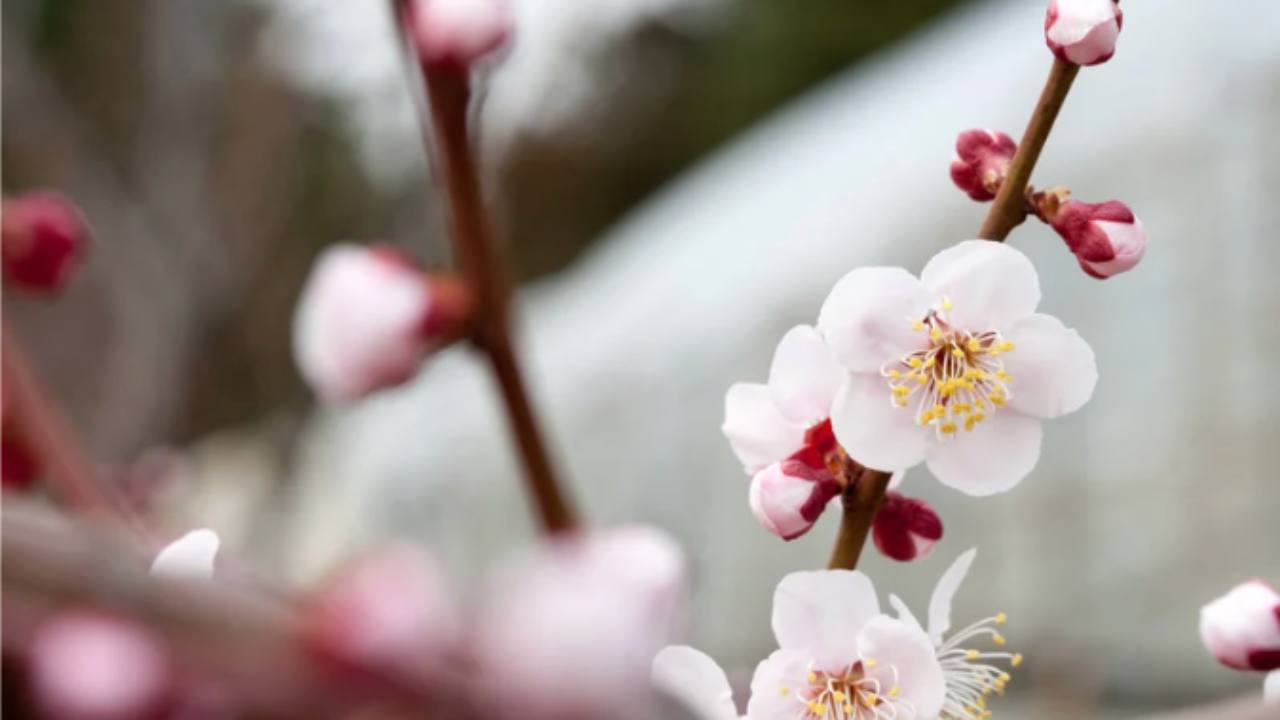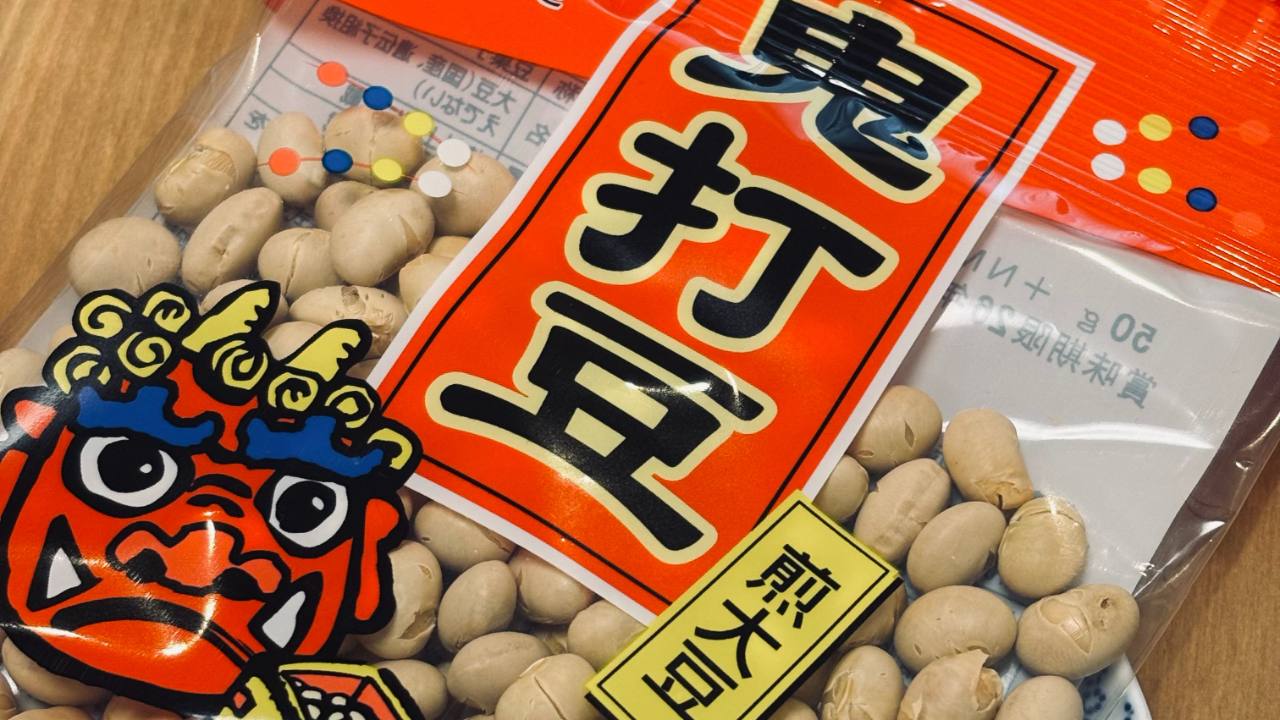鬼は外、福は内 Demons out, Fortune in!
もうすぐ2月2日、節分ですね。この時期の日本の伝統行事について漢字と文化の両面から学んでみましょう!
As we approach Setsubun (節分) on February 2nd, let's explore this fascinating Japanese tradition while learning essential kanji and cultural practices!
節分とは? / What is Setsubun?
節分は文字通り「季節を分ける」という意味を持ちます。旧暦での立春前日にあたり、季節の変わり目として古くから親しまれてきた日本の伝統行事です。特に「豆まき」の習慣で知られています。
Setsubun literally means "seasonal division" (節: season/joint, 分: divide). It marks the day before the beginning of spring according to the traditional lunar calendar. This celebration is deeply rooted in Japanese folk customs and is famous for its unique bean-throwing ritual called mamemaki (豆まき).
「豆まき」では、炒った大豆が入った箱を手に持ち、「鬼は外!福はうち!」と叫びながら、家の外や内側に豆を蒔いていきます。鬼や悪いものが家の外に出ていくように、また幸福が家の中に入ってくるように家の中に、豆を蒔きます。
In mamemaki, one holds a box full of roasted soy beans, throw them outside and inside the house, shouting "Oni wa soto, Fuku wa uchi! (Demons out, Fortune in!)". We throw beans out of the house, praying that demons and bad things go away, and throw them inside the house, inviting the fortune.
書道コーナー:重要な漢字
Calligraphy Corner: Key Kanji
新コーナーです!節分に関連する3つの重要な漢字を練習しましょう。
A new corner! Today we'll practice three essential kanji related to Setsubun:
節(せつ)(setsu) - season/joint
- 画数:13画
- 主要な要素:上部の「竹」と下部の「即」
- 意味的要素:もともと竹の節を表し、自然な区切りを表現しています
- Strokes: 13
- Key elements: 竹 (bamboo) on top, 即 (instant) below
- Meaning components: Originally depicted the joints in bamboo, representing natural divisions
分(ぶん・ふん)(bun/fun) - divide/part
- 画数:4画
- 主要な要素:上部の「八」と下部の「刀」
- 意味的要素:物事を分ける・分かれるという概念を表しています
- Strokes: 4
- Key elements: 八 (eight) on top, 刀 (knife) below
- Meaning components: Shows the concept of dividing or separating
福(ふく)(fuku) - fortune/luck
- 画数:13画
- 主要な要素:左側の「示」と右側の「畐」
- 豆まきの際によく使われる言葉「福は内!」で使用されます
- Strokes: 13
- Key elements: 示 (show) on left, 畐 (wealth) on right
- This character is often shouted during mamemaki: "福は内!" (Fuku wa uchi! - Fortune in!)
伝統行事と語彙 / Traditional Practices & Vocabulary
恵方巻き (Ehōmaki) - Lucky direction roll
It is a rice roll that you eat in silence, sitting towards the lucky direction of the year (it changes every year) and pray for this year's fortune. You must not talk until you finish eating, otherwise the fortune will go away.
書道練習:恵(めぐみ)- 恩恵
Calligraphy practice: 恵 (megumi) - blessing
鬼 (Oni) - Demon/ogre
- 「鬼は外!」でおなじみの言葉
- Used in the phrase: "鬼は外!" (Oni wa soto! - Demons out!)
文化メモ / Cultural Note
これらの文字を書道で練習する際は、書くという行為自体が日本文化において瞑想の一つとされていることを意識してください。一画一画の流れと文字のバランスを感じながら、丁寧に書いていきましょう。
While practicing calligraphy of these characters, remember that in Japanese culture, the act of writing itself is considered a form of meditation. Take time to feel the flow of each stroke and appreciate the balance of the characters.
---
ここまで読んでくださり、ありがとうございました!今回はちょっと体裁を変えてみました。いかがでしたか?また来週!
Thank you for reading till the end! I changed the style a bit. I hope you like it. See you next week!





